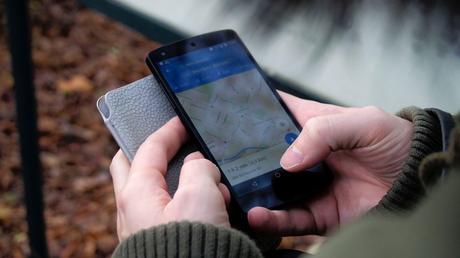
Until recent times, we've had to find a variety of creative ways to solve some problems. We needed calculators for both simple and complex computations and maps to know where we were going and make sure we didn't get lost along the way. We needed stereos and Walkmans to give us access to portable music, and even then, there was a limit to the amount of music we could carry with us. Until recently, we had many needs that were filled by a wide variety of equipment - both technological and otherwise. Now, we have smartphones.
Smartphones are arguably the single most versatile pieces of equipment in the twenty-first century. From getting a ride to booking an appointment with the doctor, even to find a place to eat, smartphones do it all. It has become hard to imagine what life was without them, or what life would be like if they were suddenly removed from the equation. But then, more important than the functionalities of smartphones are the things that enable them to do everything they do − apps. Understandably, they are considered by most to be the most crucial part of a phone. After all, without apps, a phone can only make calls. However, what exactly are apps, and how have they managed to become so important?
What's an app?
An app is a software specially designed to perform a specific task. The most significant property of an app is that it's specialized. It's paradoxical that apps empower smartphones to be able to handle incredibly versatile tasks, but in return, they have to be very specific. Apps are specific in the sense that during development, they are created, programmed, tested, and deployed to perform single functions. The app is short for application, and it's the generic name for phone software. Generally, software for computers are called programs, and software for phones are called applications.
How are apps developed?
Apps are designed based on the target device and the target user. For instance, an iPhone app meant for financial analysts would look remarkably different from an Android app for finding the nearest pet store. Even though they run on different platforms and have different purposes, they have basically the same creation process. In layman's terms, it involves writing the basic code that tells the app what to do, then putting it through a process of mobile app testing to see how it functions. The bugs are identified, tweaked, and tested again - on and on. It goes until the app is ready for deployment. Even then, it undergoes significant upgrades via updates.
What would we do without apps?
We may never know how different our interaction with our phones would be if we didn't have mobile apps. We may not even be able to determine if we would have our phones at all without the incredible ability of apps. But then again, apps seem to be so integral to our lives now that it's tempting to think that sooner or later, someone would be bound to explore them more and bring them to the next advancement. Whatever the case, we have them right now, and we're going to use them to the fullest.
